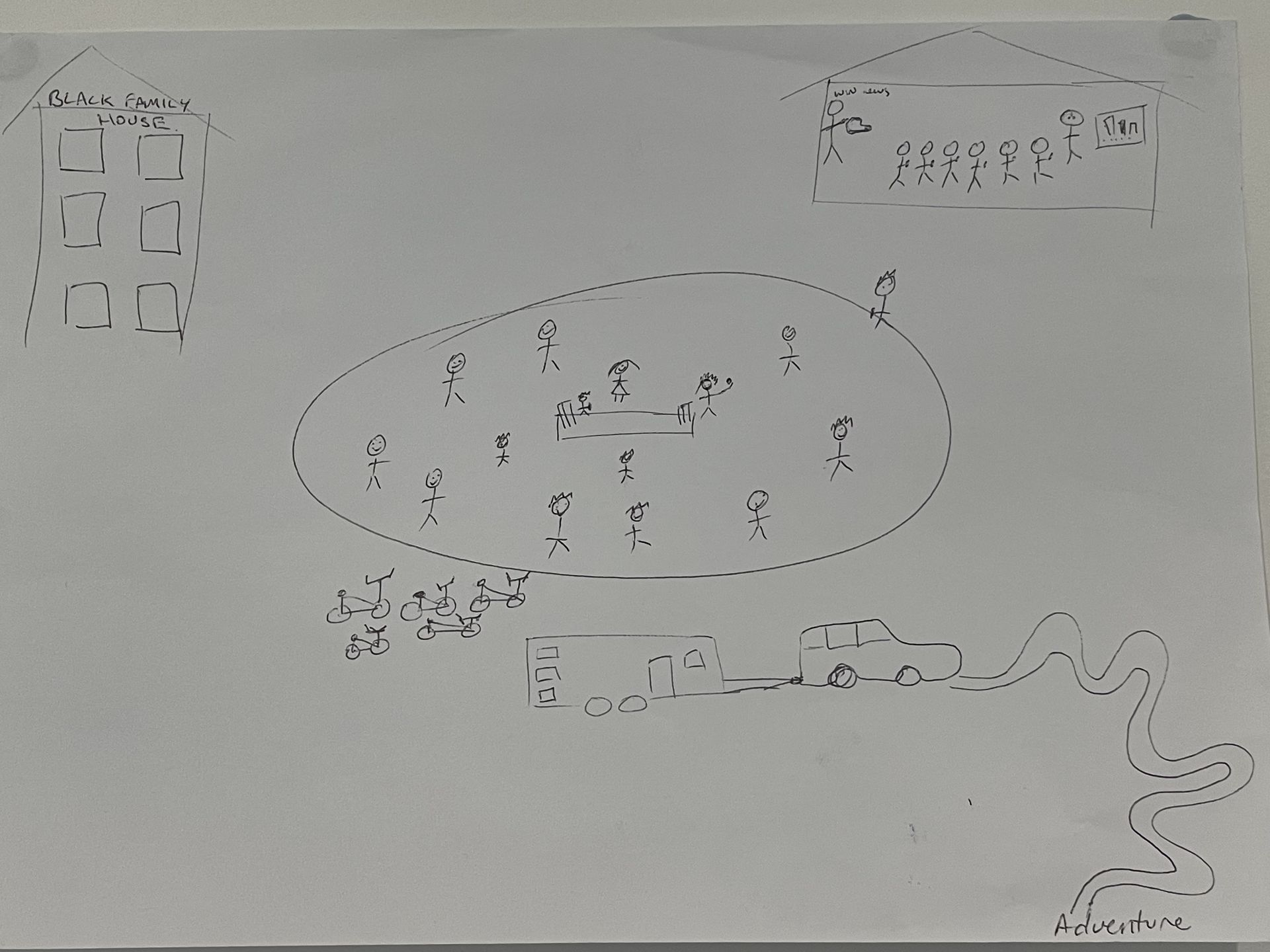|
Cyclone Alfred: The Unnecessary Shutdown of Our Brains
|
As Cyclone Alfred approached, humans did what they do best: they panicked.
Two days before a single drop of rain fell, shutters were down, doors were locked, supermarket shelves were empty, and the "Closed" signs were up around our business community. It was as if the cyclone had already hit, but the only thing swirling around was the collective anxiety of the community.
Accountants, lawyers, and other professional services firms in Toowoomba's footprint also shut down, sending a contagion through others who followed suit. The real impact was on the small businesses that form the backbone of our local economy. The flow-on effects were immediate: confidence plummeted, panic shopping ensued, and the herd mentality took over. The CBD was a ghost town.
On that Wednesday afternoon, it was like a domino effect. Email update after email update, social media post after social media post, businesses followed each other in a frenzy. It was as if everyone was waiting for someone else to make the first move, and once they did, the rest followed suit without a second thought.

Promoting the shutdown felt like a badge of honour.
So, what went wrong?
Why did so many businesses shut down prematurely? Yes, I get it’s easy to say this in hindsight!!!! The answer lies in a lack of leadership and a failure to back internal risk management processes and remain agile. Instead of taking a proactive approach to disaster management, many businesses opted for the safe way out: close up shop and use risk management as the excuse. Now, this may sound highly critical, and there are reasons businesses should make that decision with flooding exposure. Staff living in high-risk areas like Grantham, ROWES were sandbagged up and with good reason. I completely agree that it was the correct decision for some.
But here's the thing:
Leadership isn't about taking the easy way out. It's about making tough decisions and standing by them. It's about having a disaster management plan in place proactively and trusting it. It’s about making the right decision for you, your team and your stakeholders.
We are not having a crack at weather predictions or the focus on human preservation. The massive flow of information from so many sources can be overwhelming. However, imagine if businesses had taken a leadership position instead of shutting down. They could have reassured their customers, maintained a sense of normalcy, and kept the local economy ticking over. They could have shown that Toowoomba is a resilient community, capable of weathering any storm.
Of course, this isn't to say businesses should ignore the risks. Far from it. But there's a difference between being cautious and being paranoid. A well-thought-out disaster management plan can help businesses navigate the challenges without resorting to knee-jerk reactions.
Leadership is about making tough decisions and standing by them.
In Summary.
Let's critically examine how we handle these situations. Let's support our internal processes, trust our plans, and show leadership in adversity. We want to be prepared the next time something unexpected happens, but let’s learn from our behaviour and be better.
This proactive approach will ensure that we are better prepared and more resilient in the face of future challenges.
Chris is a self-confessed business nerd and the brains behind Purpa. He lives for helping businesses and businesspeople find their purpose, uncover their potential, and then provide the systems, processes, and accountability to make it happen.





